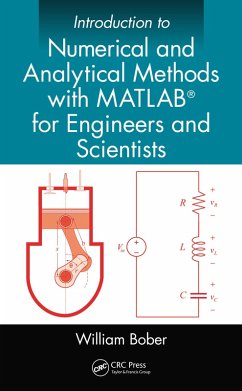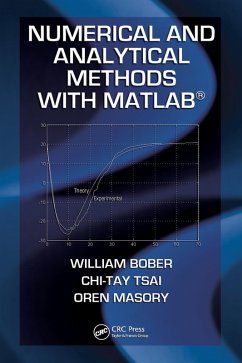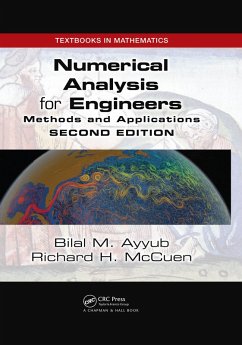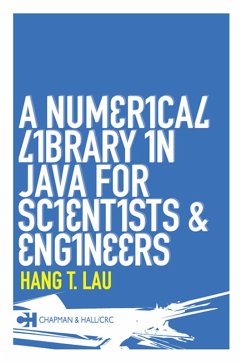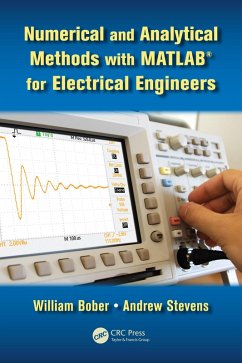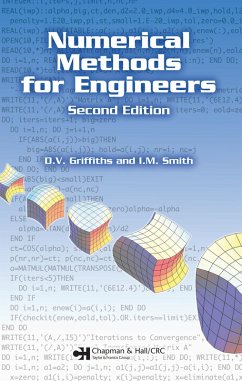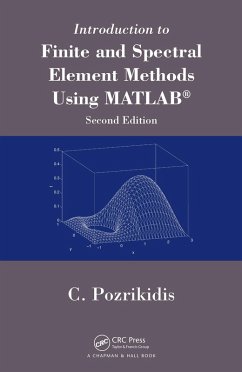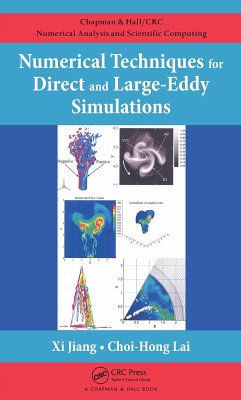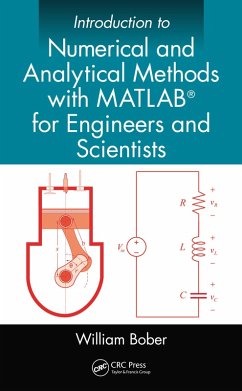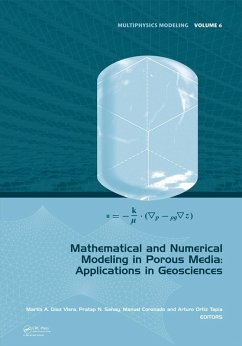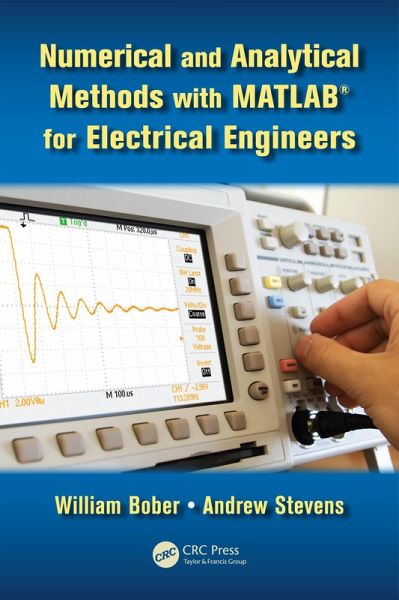
Numerical and Analytical Methods with MATLAB for Electrical Engineers (eBook, PDF)

PAYBACK Punkte
72 °P sammeln!
Combining academic and practical approaches to this important topic, Numerical and Analytical Methods with MATLAB for Electrical Engineers is the ideal resource for electrical and computer engineering students. Based on a previous edition that was geared toward mechanical engineering students, this book expands many of the concepts presented in tha
Dieser Download kann aus rechtlichen Gründen nur mit Rechnungsadresse in A, B, BG, CY, CZ, D, DK, EW, E, FIN, F, GR, HR, H, IRL, I, LT, L, LR, M, NL, PL, P, R, S, SLO, SK ausgeliefert werden.




